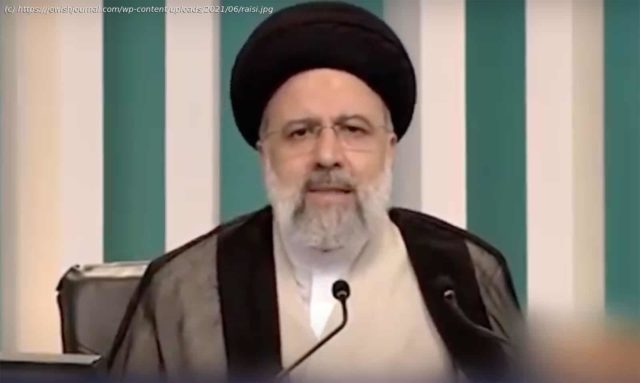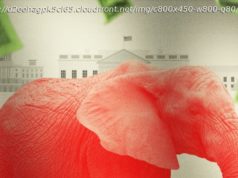Iran held a presidential election last Friday. Iran lost.
The campaign was essentially a puppet show that allowed Iran’s true and undisputed kingpin Supreme Leader Ayatollah Ali Khamenei to install Raisi, his preferred subordinate and potential successor. Iran held a presidential election last Friday. Iran lost. But that’s no surprise. It was clear long before the votes were counted that the Iranian people were the biggest losers in the election. That outcome had been pre-determined earlier this year, when the nation’s Guardian Council disqualified several prominent reform-minded candidates, leaving hardliner Ebrahim Raisi as the prohibitive favorite against the lesser-known contenders who were permitted on the ballot. The campaign was essentially a puppet show that allowed Iran’s true and undisputed kingpin Supreme Leader Ayatollah Ali Khamenei to install Raisi, his preferred subordinate and potential successor. The result will be an even more repressive regime with even less regard for the rights of its citizens and an even more antagonistic relationship with Israel and the West. The result will be an even more repressive regime with even less regard for the rights of its citizens and an even more antagonistic relationship with Israel and the West. For more than twenty years, Iranian presidential elections pitted doctrinaire candidates closely allied with the preferences of the ruling clerics against opponents with at least some instinct to relax societal constraints domestically and increase international diplomatic engagement. In elections where these options were permitted, the winner was consistently the reform candidate (though Iranian-style “reform” is still far more restrictionist than how that term would be used in the West.






